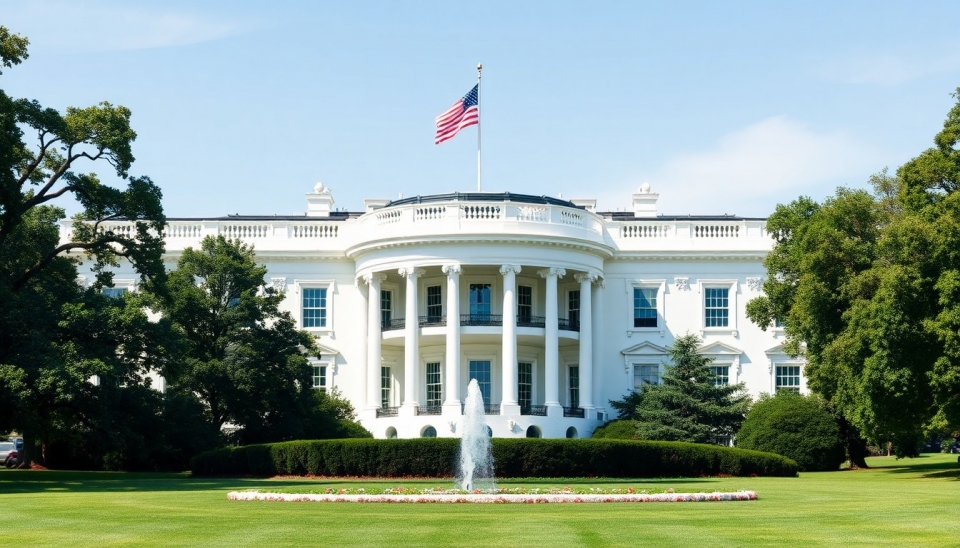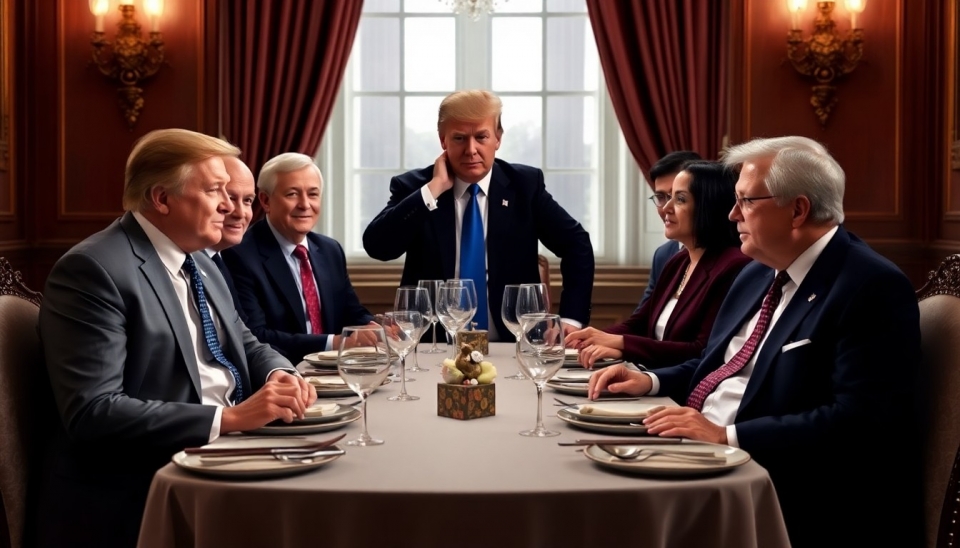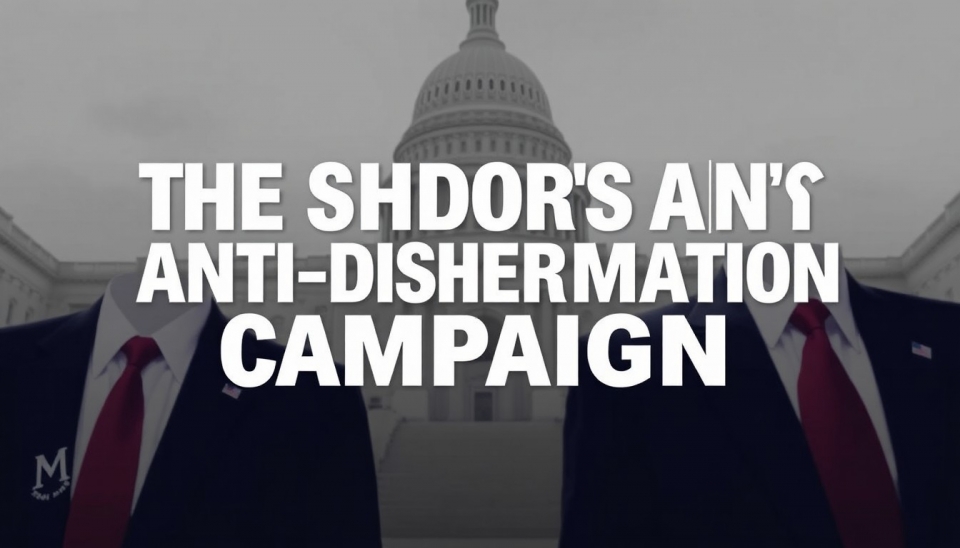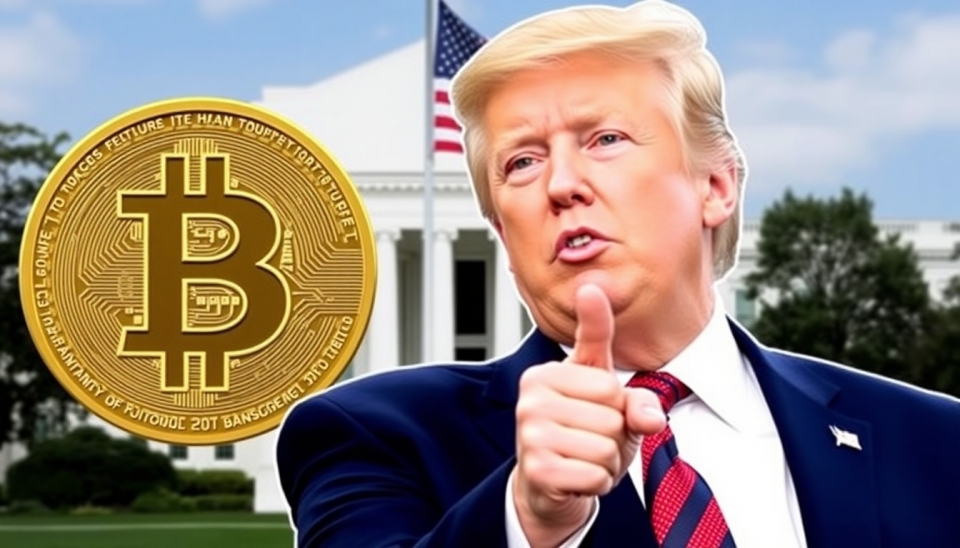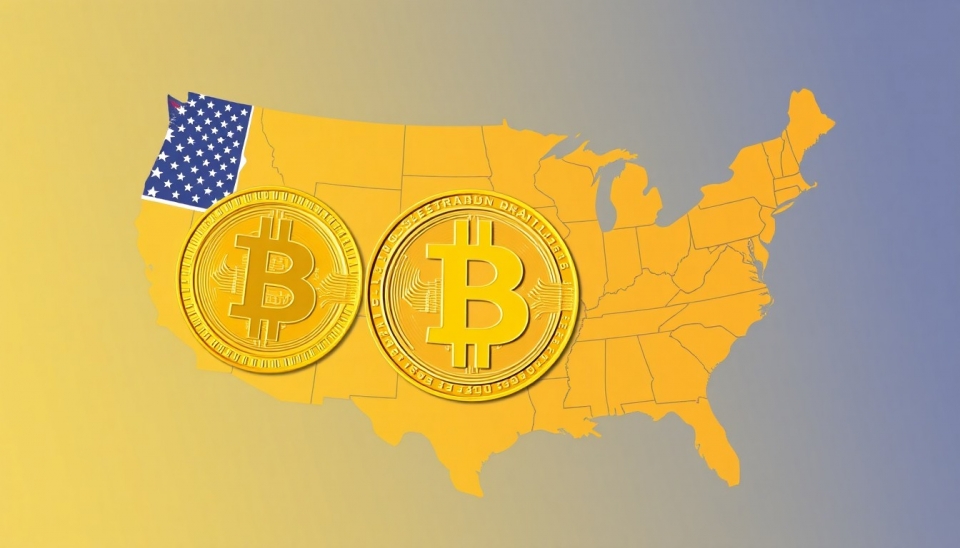
As the world of cryptocurrency continues to evolve, former President Donald Trump's recent announcement regarding a new Bitcoin initiative has sparked a considerable amount of discussion and speculation. Dubbed the “Made in USA Bitcoin,” this ambitious proposal aims to establish a cryptocurrency that adheres to strict American manufacturing standards—an initiative that many experts are beginning to question as a lofty yet ultimately impractical dream.
Trump's announcement captured the attention of both Bitcoin enthusiasts and skeptics alike. By framing this new Bitcoin as uniquely American, he taps into the nostalgic American ethos of ingenuity and self-reliance, while also attempting to bolster national pride in a field widely dominated by international players. This initiative was launched against the backdrop of increasing regulatory scrutiny of cryptocurrencies in the United States as lawmakers and financial regulators grapple with how to effectively manage this burgeoning digital asset class.
However, experts argue that the notion of creating a 'Made in USA' Bitcoin faces insurmountable hurdles. Cryptocurrencies, by their nature, operate on decentralized networks and rely on international infrastructures. The computational power needed for Bitcoin mining often necessitates cheap energy sources and labor, which may not be viable within the confines of U.S. regulations and standards. Moreover, Bitcoin's intrinsic value and its appeal to investors are deeply tied to its decentralized characteristics, which contradicts the very essence of a nationally branded cryptocurrency.
This initiative raises critical questions about the feasibility of a Bitcoin moniker that implies exclusivity to the United States. Industry leaders are vocal about the challenges of aligning Bitcoin's inherently global nature with a national identity. As far as the technical aspects are concerned, the idea of limiting the supply chain or enforcing geographical borders around Bitcoin mining and transactions is nearly impossible in the current digital landscape.
Furthermore, the initiative calls into question the role of government in the cryptocurrency market. Many enthusiasts champion decentralized finance precisely to escape traditional governmental oversight. Introducing a concept like 'Made in USA Bitcoin' could lead to increased governmental control over a field that thrives on anonymity and independence. This tension between the government's role and the cryptocurrency community is likely to result in pushback from advocates of decentralized finance and Bitcoin purists.
In terms of public perception, while Trump's branding may initially create interest, sustained engagement will depend on transparent operational mechanisms and substantial legal backing. The former President’s historical stance on Bitcoin has been mixed, alternating between skepticism and occasional endorsement—a stance that complicates confidence in this new venture.
In conclusion, while the idea of a 'Made in USA Bitcoin' aligns with a vision of American exceptionalism, the reality poses significant challenges. The decentralized and international fabric of cryptocurrencies stands in stark contrast to the nationalistic aspirations of such a product. As the debate unfolds, industry experts will be watching closely to see how this proposition develops and whether it can transcend the numerous obstacles it faces.
#Trump #MadeInUSA #Bitcoin #Cryptocurrency #DecentralizedFinance #CryptoNews #Finance #Innovation
Author: Michael Turner
